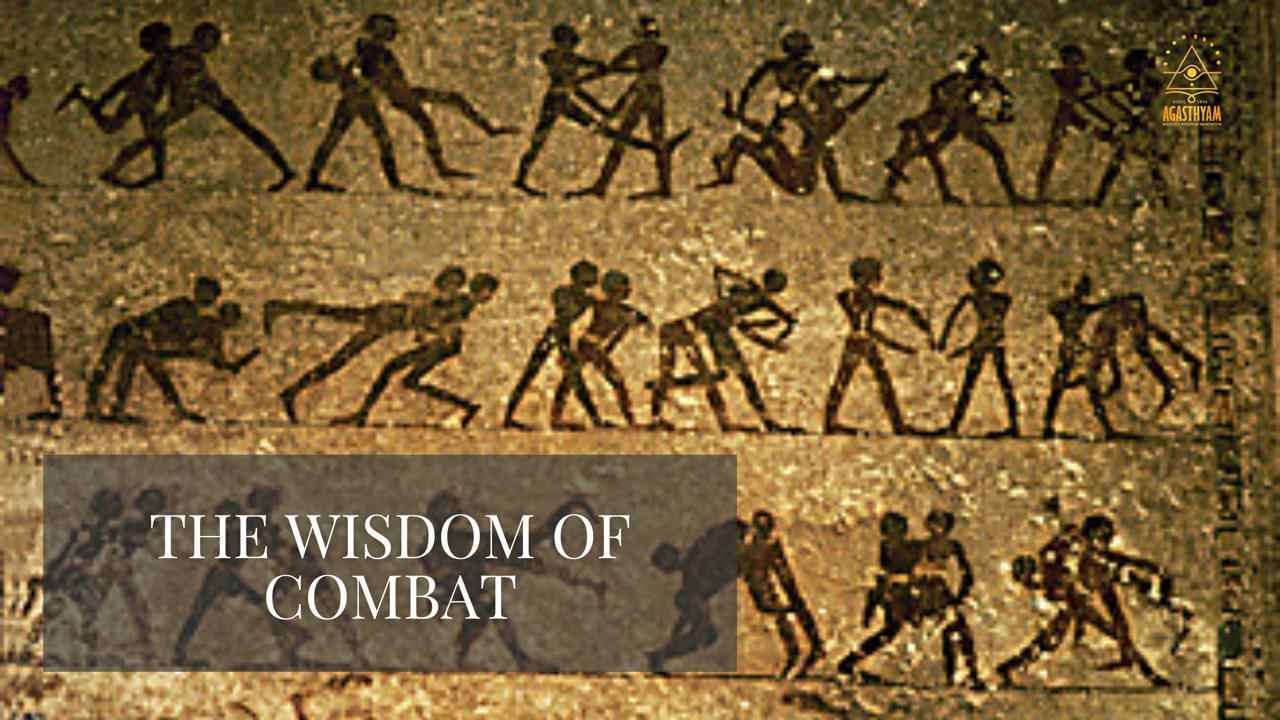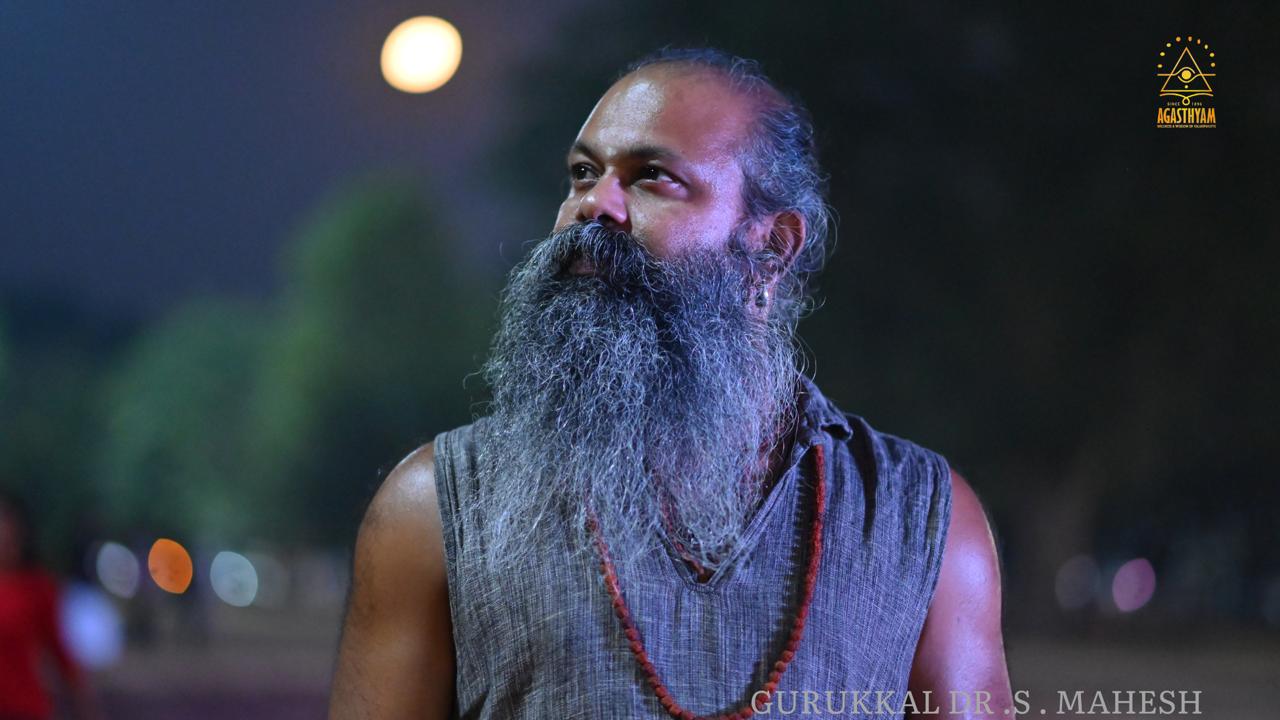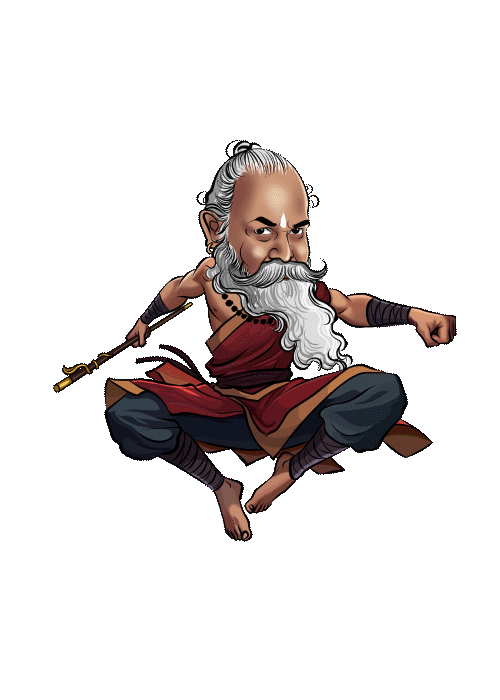
- kalari
- Uncategorized
There is a padal about the Philosophy in action
“Ondrāvathu adikkavanrāl, ōradi aṇḍavan kāppār Irandāvathu adi vandal muzhankaiyar irundhu paduṁ…”
These opening lines of a traditional Tamil martial verse carry profound strategic depth. In essence, they say: If the first strike fails, divine grace may still protect you. But if the second strike lands, you must be prepared to block it with your own forearm.
In this, we see the humility and sharp realism of a seasoned warrior tradition. The verse doesn’t promise invincibility; it teaches responsibility. The first strike is your moment—makes it count. If you miss, trust must now shift to divine will or your trained instincts. The second strike is survival—you must defend, and often with your own body.
This is not just physical—it is mental training.
“Kuruvinai ninaithu, ini enna seiya vēṇḍum enru yōsi. Padu marmam seyyāmal, todumarma adangal pōdum enru pōvār
These lines speak of calculation, not chaos. They guide us: Think carefully about the opponent’s weakness. Don’t rush. If you can’t reach a vital point, even a secondary vulnerable area—called “todu marma”—can be enough to subdue them.
Here lies the brilliance of kalaris martial strategy—rooted in varmam (vital point science). It’s not about brute force, but the intelligence to observe, analyse, and strike with precision. Even without injuring deeply, controlling a weak spot can change the tide of the encounter.
This teaches non-lethal mastery—where the goal is to neutralize, not destroy. The wise warrior chooses where to stop.

“Unakku vasam irundhāl ezhuppividī, illāvittāl kadanthu vidu.”
If you have the advantage, finish it decisively. If not—let it go. Withdraw.
This is the hallmark of a true martial artist—not pride, but clarity. This is restraint with wisdom. In war, in combat, or even in life—if the moment is not in your favour, retreat is not weakness. It is awareness. It is survival. And sometimes, it is grace.
A Philosophy in Motion
This verse is not just a battlefield strategy—it is a life principle. It teaches:
- Awareness before action
- Faith in the unseen
- Precision over recklessness
- Restraint as strength
- Withdrawal as wisdom
Traditional Tamil martial arts like Silambam and Adi Murai, as well as Southern Kalaripayattu, carry these teachings not just in their techniques—but in their ethos.
This is the path of the veeran—the one who walks with clarity, courage, and compassion.




